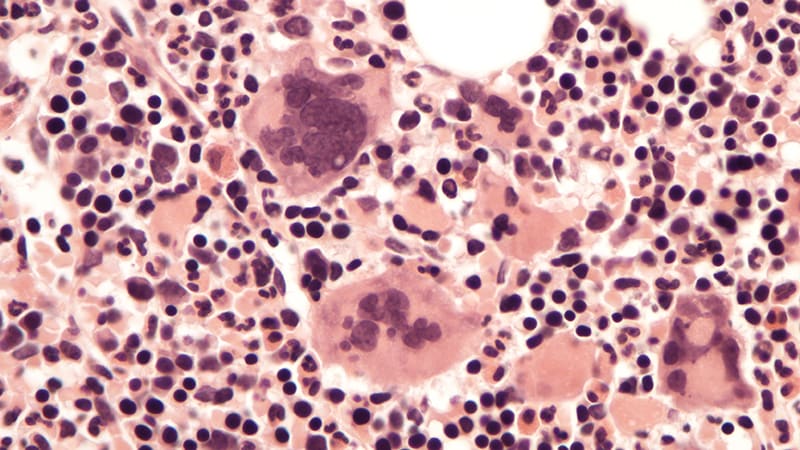Exercise is better than drugs in stopping cancer relapse finds new research
Exercise is better than drugs in stopping some cancers returning after treatment
New research is unveiled at an American oncology conference
Working with a PT after cancer treatment led to a 37 per cent lower risk of death over eight years than just receiving health advice in stage three patients recovering from colon cancer
The weekly exercise target was the equivalent of three to four walks of between 45 and 60 minutes
Job opportunities
Greenbank Sports Academy
£26,000 – £28,000pa
location: Liverpool, United Kingdom
Disability Sports Coach
£Competitive
location: Brent, London, United Kingdom
Stonor Park
Competitive Salary + Benefits
location: Henley-on-Thames, Oxfordshire, United Kingdom
Exercise can reduce the risk of cancer relapse more effectively than drugs, according to new research.
Published in the New England Journal of Medicine, the results of the world trial were presented at the annual meeting of the American Society of Clinical Oncology (ASCO) in Chicago.
Delegates were told the findings are likely to change the advice oncologists give their patients, with ASCO's chief medical officer, Dr Julie Gralow saying exercise has the added advantage of being non-toxic, not having side effects and being much cheaper than drugs – the the exercise study cost only £2-3k per participant.
The study involved patients from the US, UK, Australia, France, Canada and Israel and was led by Dr Christopher Booth, of Queen's University in Kingston, Canada. Researchers found that a structured exercise regime, with the help of a personal trainer, after cancer treatment led to a 37 per cent lower risk of death after eight years and a 28 per cent lower risk of recurrent cancers when compared with patients who only received health advice.
The study prevented one premature death for every 14 people enrolled in spite of the majority of them having stage three cancer.
The trial involved 889 colon cancer patients between 2009 and 2023. Ninety per cent of them had stage three cancer. Half were assigned a structured exercise programme and half received an educational booklet.
The exercise group worked with a personal trainer twice a month for exercise sessions and later once a month for three years. The weekly target was the equivalent of three to four walks of between 45 and 60 minutes and patients could choose how they got more active.
The findings have prompted calls for governments to focus on supporting cancer patients to adopt healthier lifestyles.
Commenting on the findings, Huw Edwards, CEO of UK Active, said: “This study shows exercise is vital in our battle to beat cancer and the key is structured, supported physical activity, such as circuit classes, swimming and cycling.
“The UK Government has a huge opportunity in its 10-year Health Plan to recognise this evidence and fully integrate gyms, swimming pools and leisure centres into care pathways to reach every community with their life-enhancing benefits.
“Leisure centres already provide 66 per cent of cancer rehab and prehab services, so the Government should also use the upcoming Spending Review to protect and grow our nation’s fitness facilities or risk increasing costs to the NHS and the Treasury.”
Liz Terry, editor of HCM said: "This research proves what a transformational impact regular exercise has on health and – when read alongside the great work already done on cancer and exercise by organisations such as Prehab4Cancer – helps build the evidence base we need to be accepted as a valid healthcare partner.
"It would also be interesting to understand the role the personal trainers played in these outcomes," said Terry. "Would the results have been as good if the exercise intervention had been delivered via an app, for example?
"Having regular human contact and encouragement in this way has undoubted benefits for morale, exercise adherence, effort levels and mental health and we need to bear this in mind when we research the impact of exercise interventions, so we fully appreciate and recognise the power of the human element."
Sign up for FREE ezines, news alerts & magazines









